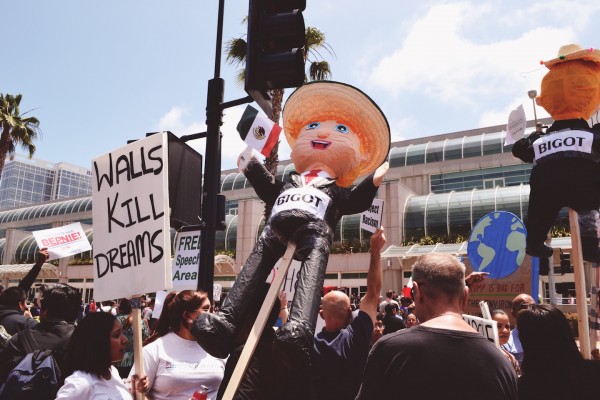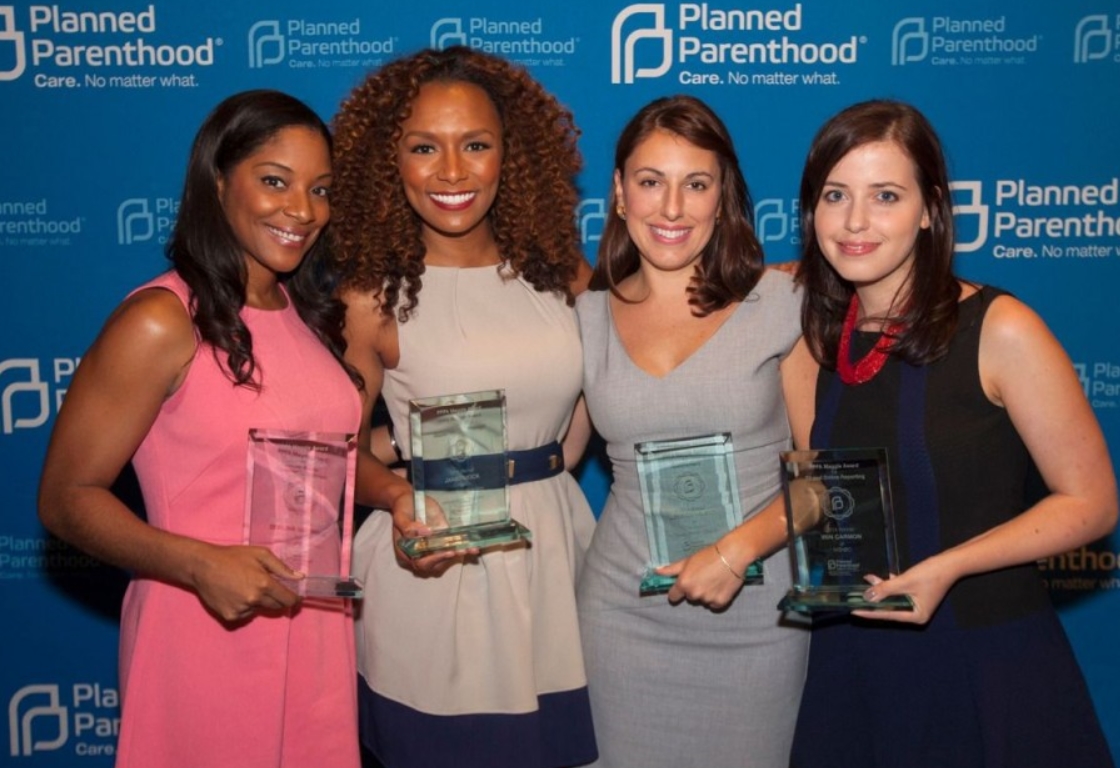(BigGovernment.news) A proposal for universal preschool in President Barack Obama’s final budget would add $66 billion to federal spending over the next decade, despite recent findings in Tennessee that show such programs have minimal impact on achievement.
This is the third year the Obama administration has pushed Congress for an expanded federal-state partnership for school for 4-year-olds, which proponents say would help close the performance gap for children from low- or moderate-income families.
The Congressional Budget Office noted the $66-billion price tag in a report, released March 29, on the president’s 2017 budget.
But Ross Whitehurst, a clinical child psychologist and senior fellow with the Brookings Institute, questions the plan. “For most kids, there’s no substantial benefit, and maybe some harm, from attending pre-K,” he told AMI Newswire.
Whitehurst refers to a study out of Vanderbilt University last fall that found students in Tennessee’s $213-million preschool program ultimately performed worse than their non-preschool counterparts by the end of second grade.
The Vanderbilt study said participants in a preschool program were better prepared for, and performed better during, kindergarten than their counterparts, but that the benefits didn’t last.
Whitehurst noted the federal government already has a “mismash” of programs directed at early learning that cost about $14 billion per year, according to testimony he gave two years ago before a House committee.
“I do not oppose spending more, but there are many aspects of the administration’s plan that I don’t like,” he said.
Although not an opponent of preschool programs, Whitehurst expressed concern that the latest proposal, virtually identical to the ones before it, represented Washington “taking over” the early childhood process, calling it a “pretty big foot” in the door of federal control of what has been, to this point, a state-driven program.
Texas, for example, provides preschool to certain children, including those who are homeless, cared for by active duty service members, or unable to speak or comprehend English.
The proposed program would actually cost about $120 billion over the next 10 years, with states opting into the program and chipping in 40 percent of the costs, Whitehurst noted.
Similar to the Affordable Care Act’s Medicare expansion provisions, the Preschool for All bill would require states to opt-in to the program in order to receive federal funding.
In its latest report, the Congressional Budget Office gave lower overall estimates than the Department of Education due, in part, to the expectation that some states would initially reject the program.
In a memo on the 2017 Budget, the Obama Administration suggest costs would be paid for, in part, through increased tobacco taxes.
Although Whitehurst is skeptical of a universal program, he said studies do show preschool helps children from non-English-speaking homes learn English more quickly in preparation for kindergarten. It also helps low-income families receive a form of free child care.
He advocates programs that more directly target these groups, but said proponents of universal preschool worry targeted programs, particularly those for the poor, would not receive widespread political support.
“As I see it, I try to represent what research says,” he said. “It’s not my goal to play the political game, but to understand how much we don’t know, understand the research limitations.”
Whitehurst said “elevating” preschool might be a bad idea for the stated goal of reducing achievement gaps, when the money could go to programs showing more promise in addressing that goal.
A National Bureau of Economic Research study on 106 students in a Chicago-based math-tutoring program found 9th-graders, on average, were able to develop math skills in one year what the average student developed in three years, closing the equivalent of two-thirds of the education gap between black and white students. According to Whitehurst, who spoke about the program at a Brooking’s Institute talk last week, the Chicago program costs about $3,000 per student.
“If you gave me a choice between spending $3,000 to get a bunch of kids — who are going to drop out because they’re failing at math — up to speed, or spending $9,000 on a year on pre-K for every child in general, I choose the former,” Whitehurst said.
The program is among the largest items in an education budget proposed by Obama that, according to the Congressional Budget Office, would add $152 billion to the deficit over the next decade.
(c) 2016 American Media Institute.
BigGovernment.news is part of the USA Features Media network.



















